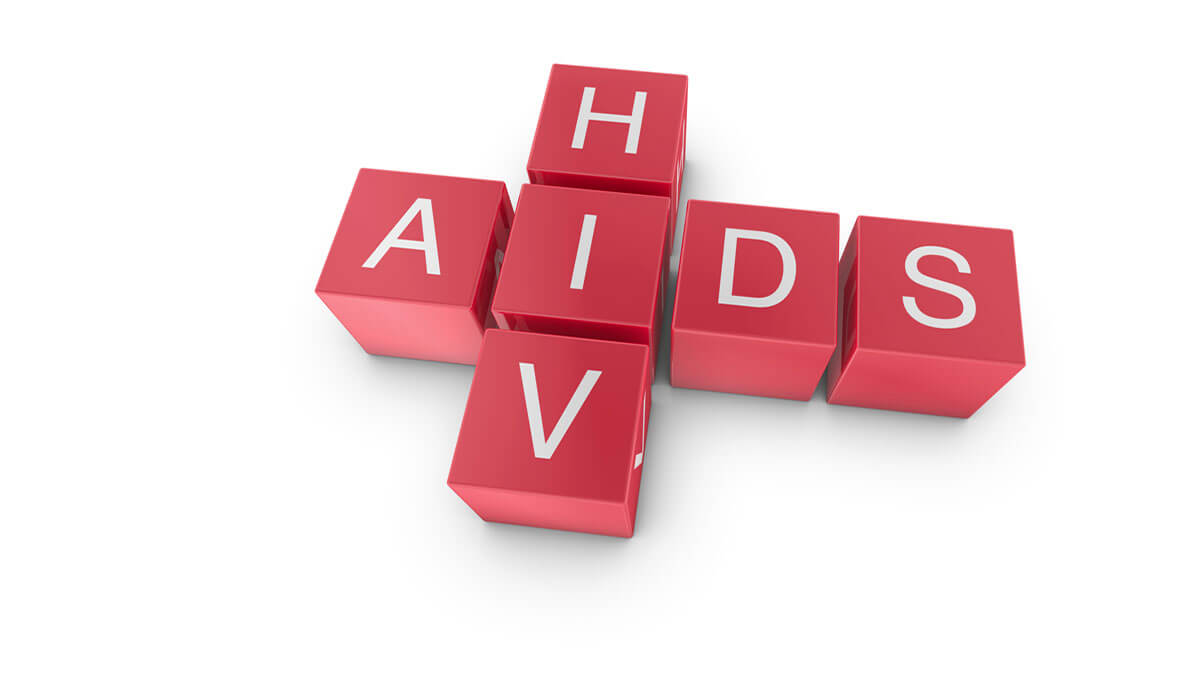What in the world are we doing about this? We are on track to become the country with the world’s fastest growing HIV epidemic! Imagine that! Top of the table! Certainly not something we should be leading, but we are!
This would have been a shocker some years ago, but it certainly isn’t that now! Not with the scenarios that are playing out in the country right now. Not with the illicit drug trade we find ourselves staring at. And certainly not with the rising number of drug addicts roaming our streets.
We have a major challenge before us. We have a frightening reality to contend with. And this certainly isn’t the way we should be. We should be concerned.
In fact, it isn’t a shocker anymore. It would have been expected by many people. Sceptics would be mindful of the scenarios playing out. They would be considerate of the challenges we face, and what’s playing out on the ground.
That’s the frightening bit. That’s where the focus of attention should be. We should be focused on creating awareness and fighting this figure. The latest UNAIDS 2025 Global AIDS Update report shows a tenfold increase in the number of people living with HIV in the country over the past decade.
The report, titled AIDS: Crisis and the power to transform, shows that since 2014, the number of people living with HIV in Fiji has risen from fewer than 500 to an estimated 5900 in 2024.
New diagnoses have tripled in the last year alone, from 2023 to 2024.
We are now second only to the Philippines in the Asia-Pacific region in terms of HIV infection growth, having surpassed Papua New Guinea, which historically has carried the region’s highest burden of the virus.
Minister for Health Dr Atonio Lalabalavu, responding to the findings, described the situation as severe and acknowledged the urgency of the national HIV response. Dr Lalabalavu estimated that the current number of new cases could now be exceeding 7000 and warned of an “escalated level” of infections across the country.
To address the crisis, the ministry has established a dedicated HIV unit and pledged greater logistical and financial support.
While the Government has committed $10million towards HIV response initiatives, Dr Lalabalavu said additional external support would be crucial to “go the extra mile” in slowing transmission and addressing the epidemic comprehensively.
The Government can’t do this alone!
What we have here is what we are tolerating! It reflects what we tolerate in our communities, what we overlook in our schools, and what we fail to teach in our homes. It speaks to the silence of our institutions. We must rise up, from our churches, our vanua, and our households and talk about topics that are uncomfortable but urgent. Let’s respond with the full force of our society. That means our government, our education system, faith-based organisations, traditional leaders, and parents and guardians. We need faith leaders to speak openly and compassionately about HIV prevention and stigma. We need our traditional structures to protect, guide, and educate. And we need families to have those difficult conversations at home.
This is not someone else’s problem. It is ours. And we are running out of time. Let’s not fail our youth. Let’s not sit back and watch another generation suffer because we were too embarrassed, too divided, or too slow to act. Where is our sense of alarm? Why aren’t we jumping up and down?



